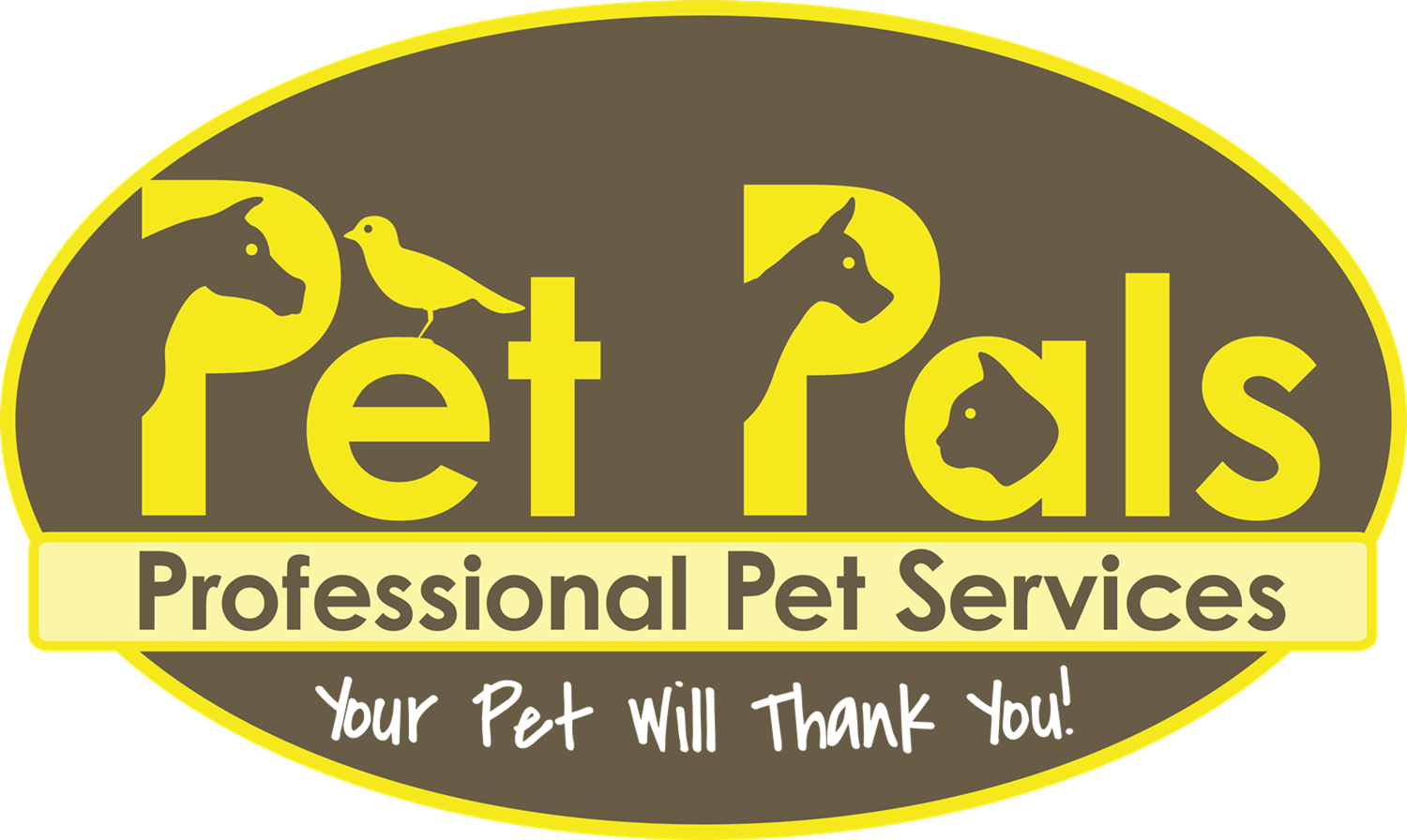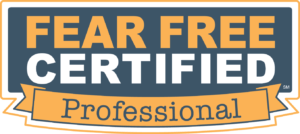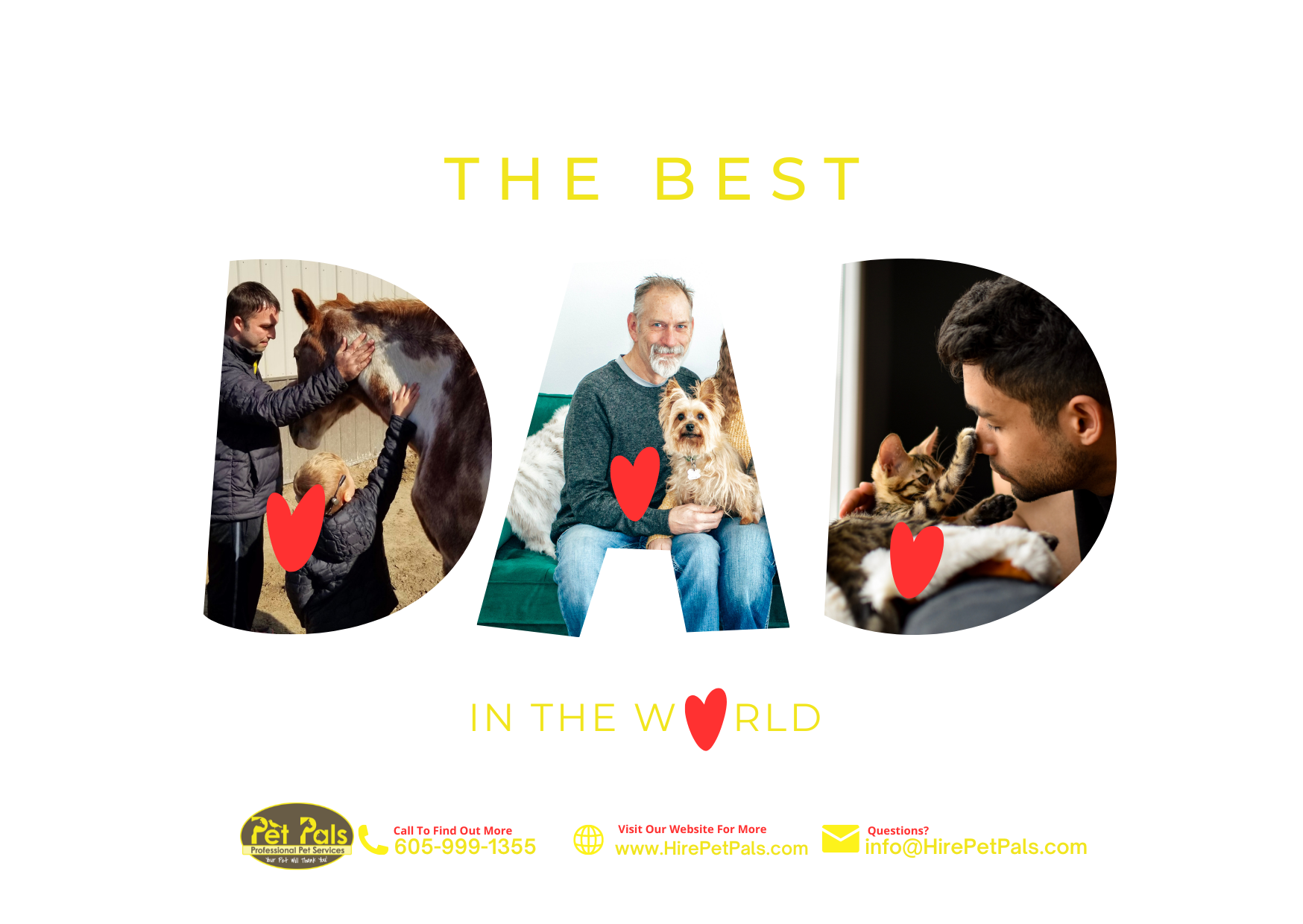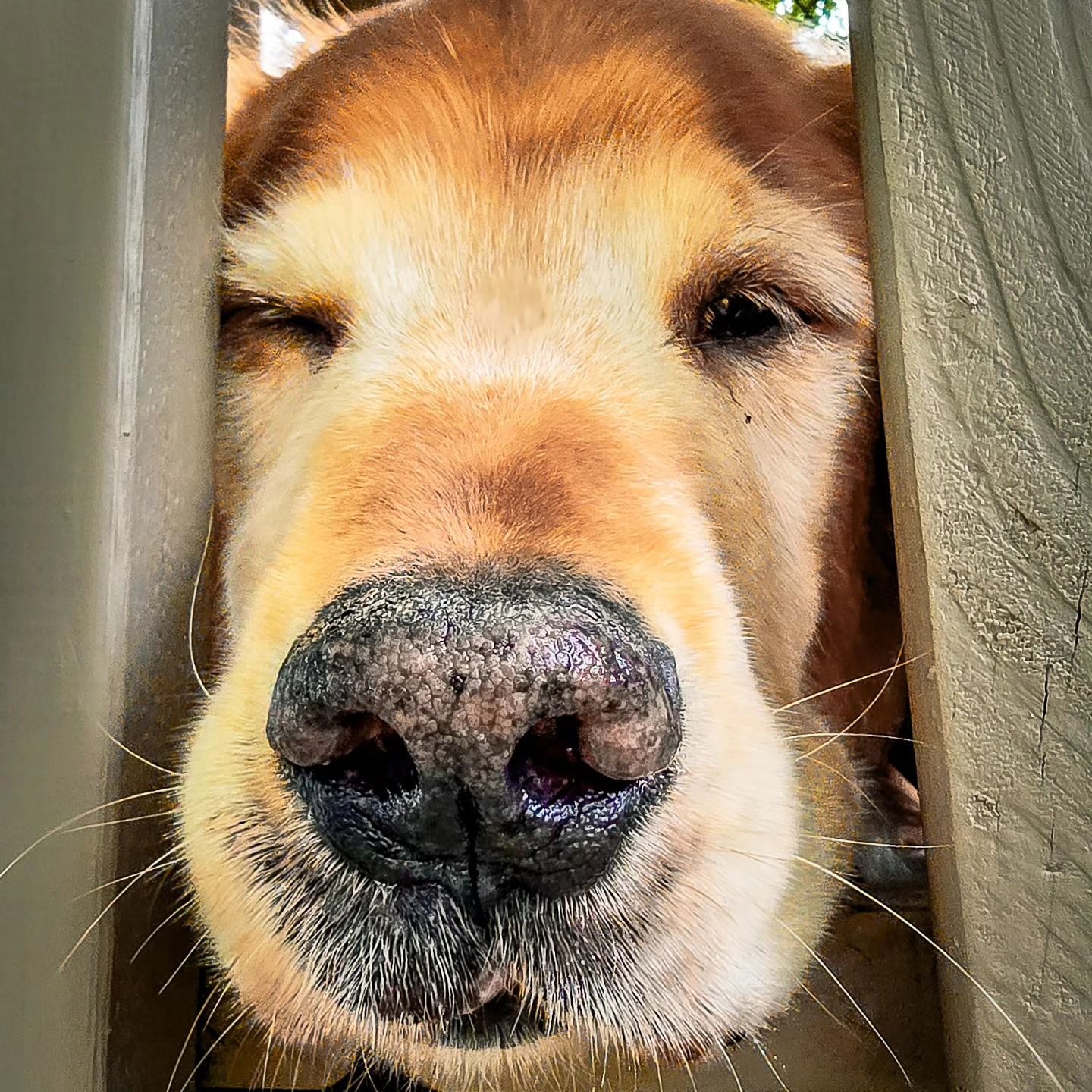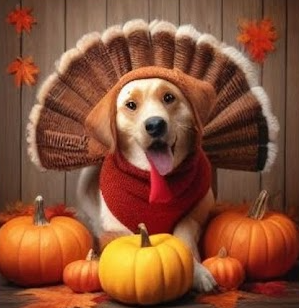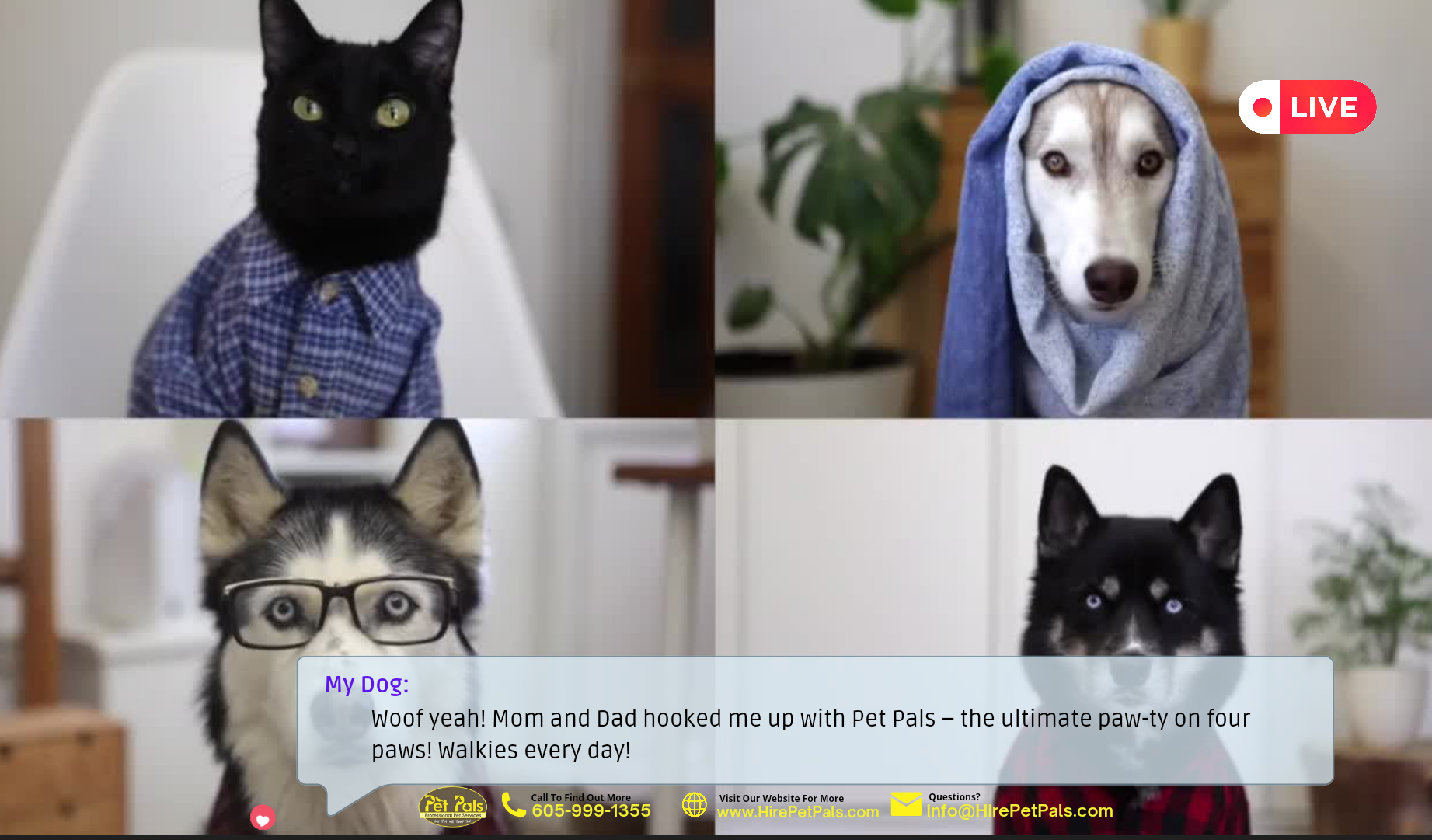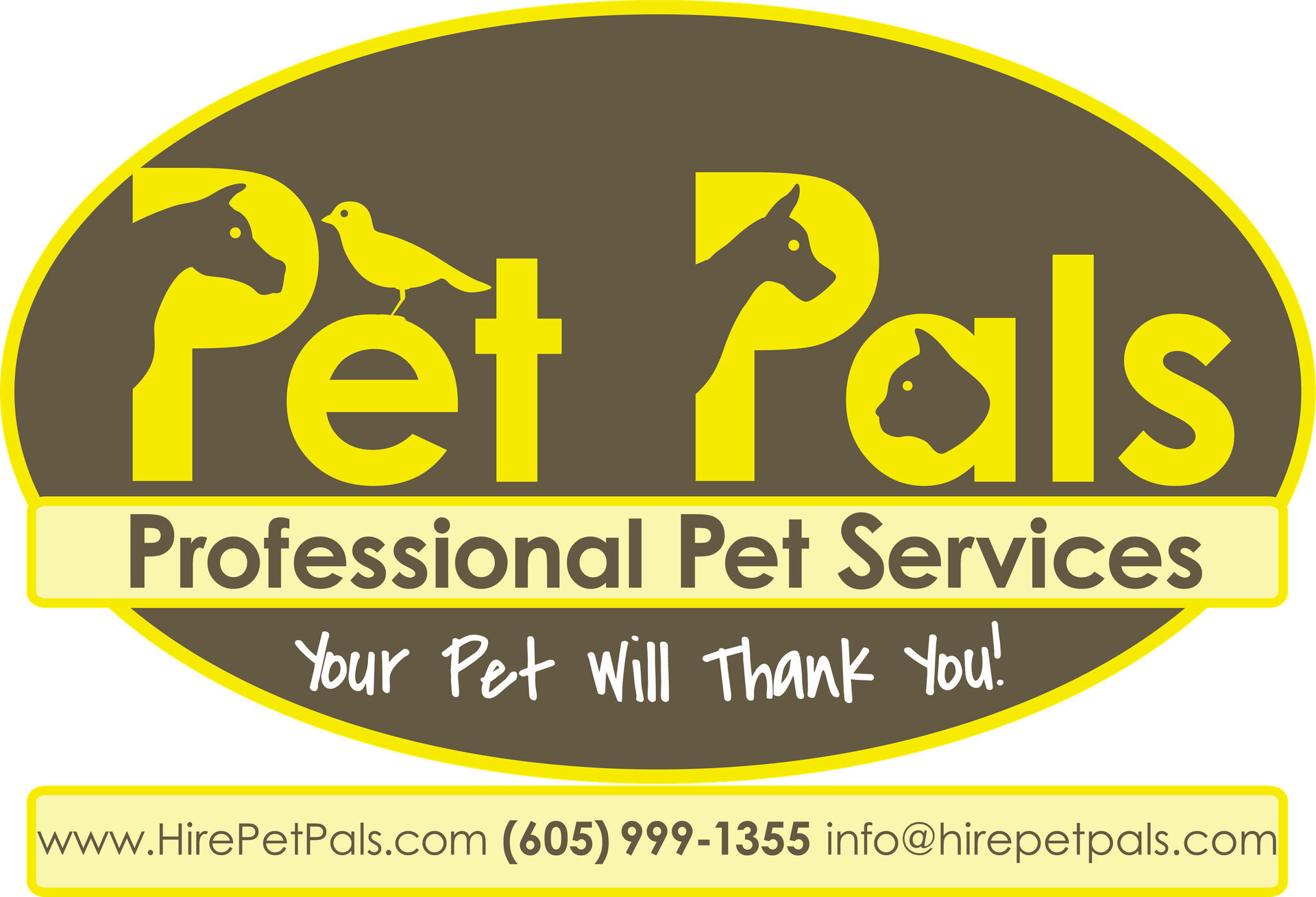Top Tips for Puppy Parents
It is not uncommon for puppy parents to ask themselves "What have I gotten myself into?" Thankfully puppy development is well-researched and fairly predictable, Pet Pals Dog Mentorship program is here to help explain!
It’s one of the best feelings in the whole world — those first few hours with your new puppy when everything is perfect and anything is possible. It doesn’t take long, however, for that bubble to burst. It could be the very first day, when you step in that pile of puppy poo on your Persian carpet, or find deep puppy tooth gouges in your treasured pair of Jimmy Choo shoes. It might be that first night, when you pop your pup into his crate for the first time and crawl into your bed, only to be treated to a few pitiful whimpers, then a chorus of cries, and finally a non-stop serenade of screaming as your pup broadcasts to the world how lost and lonely he is.
The better prepared you are to do things right from the start, the fewer “What have I done?” moments you’ll have, and the more possibilities you and your dog will be able to travel together through life. Here’s a guide to getting off to the right start with your new pup.
Top Things Puppies Need:
1. Consistent Elimination Schedule.
Puppies can generally hold their bladder for one hour per month of age.
2. Puppy Feeding Schedule
A basic schedule of three scheduled meals a day until the puppy is over 6 months old and then change to two meals a day unless otherwise directed by your veterinarian. It may be tempting to feed your puppy whenever he seems hungry, but establishing a feeding schedule is an important part of your puppy's training and potty training/house breaking. After each meal your puppy should be taken outside to eliminate.
3. Exercise
It's often recommended that a ratio of five minutes exercise per month of age and up to twice a day until the puppy is fully grown. For example, 15 minutes (up to twice a day) when three months old, 20 minutes when four months old, etc. Fully grown dogs can, and often should, go for much longer.
4. Sleep
Research from multiple sources indicate puppies typically spend around 15 to 20 hours a day dozing and dreaming away at 3 months of age.
5. Socialization
Proper socialization can help puppies become well-behaved and happy companions. It's a good idea to help your puppy become acclimated to as many types of sights, sounds, and smells in a positive manner as you can. Be careful on puppy playtimes with groups of puppies, these can do more damage then good.
6. Puppy Toys
Keeping your puppy entertained so it doesn’t become bored and then destructive is critical. One way to do that is with toys. Experts suggest around 5 to 6 puppy friendly toys of various kinds.
7. Puppy Accident Cleaner
Whether you prefer making your own cleaner or buying one from the store, it is important to clean up the poop/potty accident thoroughly. Removing the urine smell is key. Remember dogs have 300 million olfactory receptors in their noses, compared to about 6 million in us humans. Just because you cannot smell doesn't mean it is fully gone. If they go back to that same place in the house to potty/poop that your sign the spot is not fully clean.
All natural cleaner idea for urine:
Use undiluted white vinegar to soak the area completely and then let it sit for several minutes before blotting dry. Vinegar neutralizes the ammonia smell of urine without fading carpet fibers, making it a good choice for cleaning and protecting your carpet. For additional help, use baking soda (sucks up the moisture of remaining urine and vinegar) to settle into the carpet fibers for about 15 minutes, then vacuum the area.
8. Appropriately Sized Crate
Dogs love the comfort and security of “their" space. Crating or kenneling is not "torture" if used appropriately. This is their safe space and should never be used as a punishment.
9. Collar, Leash, & Harnesses
Remember, puppies are new to “wearing” things. So look for a soft, adjustable collar that won’t irritate their sensitive neck. Also, leashes that are about four to six feet long tend to be ideal. Instead of attaching the leashes to their collars, use a harnesses. Remember, puppies can be susceptible to tracheal collapse and other injuries if too much pressure is applied to their throats.
10. Identification
Microchips - are usually implanted in the neck, but don't cause any pain for your pet. They have no power supply, battery, or moving parts. Microchips are designed with an operating life of an average of 20 years, don't require care, and are only as big as a grain of rice.
Dog Tags - make a tag at your local pet store and place on your puppies collar with your contact information. Can order custom made ones on Etsy as well!
11. Food & Bowls
Up until about one year of age, your puppy will need a high-quality puppy food specially formulated for his age, size, and development. Raw or cooked foods are options as well! In other words, in kibble form larger breed puppies are going to need different types of puppy food than smaller breeds. Use ceramic or stainless-steel bowls that are easy to clean and won’t harbor bacteria the same way plastic does.
12. You
Ask yourself, “What Does My Puppy Need from me?” Along with early health screening, veterinary visits, plenty of socialization, and basic obedience training ( from Pet Pals!); your puppy is going to need consistency, patience, and lots of your love!
Together, these are all critical to the foundation of raising a happy, healthy, and well-rounded puppy!
